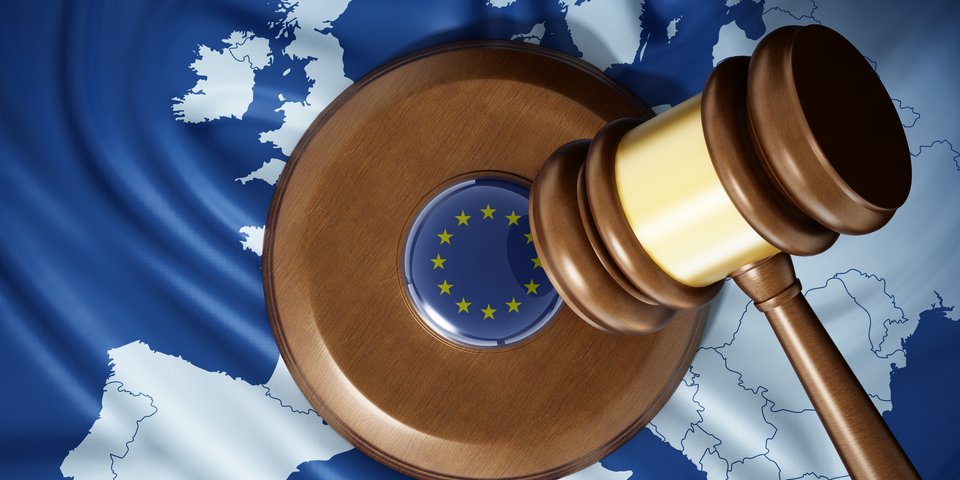 iStockphoto/adventtr
iStockphoto/adventtrYour opinion counts – guide to socially responsible procurement
In December 2017, the European Commission launched a consultation on the scope and structure of a guide on socially responsible public procurement.
SW – 02/2018
Following the modernisation of the rules on public procurement in 2014, the Commission now wants to update its guide on public procurement taking into account social considerations. As such, the Commission launched a consultation on the scope and structure of the guide. The Commission wants feedback on the type of guidance that should be published and its outline. It also wants to know the best way of integrating collected good practice into the guide.
The consultation is targeted at those who are actively engaged in the policy and practice of awarding socially responsible public contracts, as well as individuals from academia and the private sector who are interested in the topic. Responses can be submitted until 1 March 2018.
Background
Modernisation of the public procurement rules in 2014 affected the following Directives, which were to be transposed by the Member States into national law by 18 April 2016:
- Directive 2014/24/EU on public procurement;
- Directive 2014/25/EU on procurement by entities operating in water, energy, transport and postal services;
- Directive 2014/23/EU on the award of concession contracts.
One of the reasons for modernising the public procurement rules is to create a more flexible procurement process. The new rules aim to make it easier and more cost-efficient for SMEs to access procurement markets, to ensure the best possible value for money for public procurement, and to comply with EU principles of transparency and competition. In order to reach certain public policy objectives, the legislation encourages public procurement to take into consideration the environment, social affairs and innovation.
The Commission had already launched an initiative to make public procurement more efficient and sustainable last year. In its communication on 3 October 2017, it stated that public procurement was not being used to its full potential as a strategic tool. In 55% of tenders, the lowest price was still being used as the criteria for awarding a contract. In order to promote strategic public procurement, the Commission announced that it would update the guidelines for socially responsible procurement and consult stakeholders on the issue.
